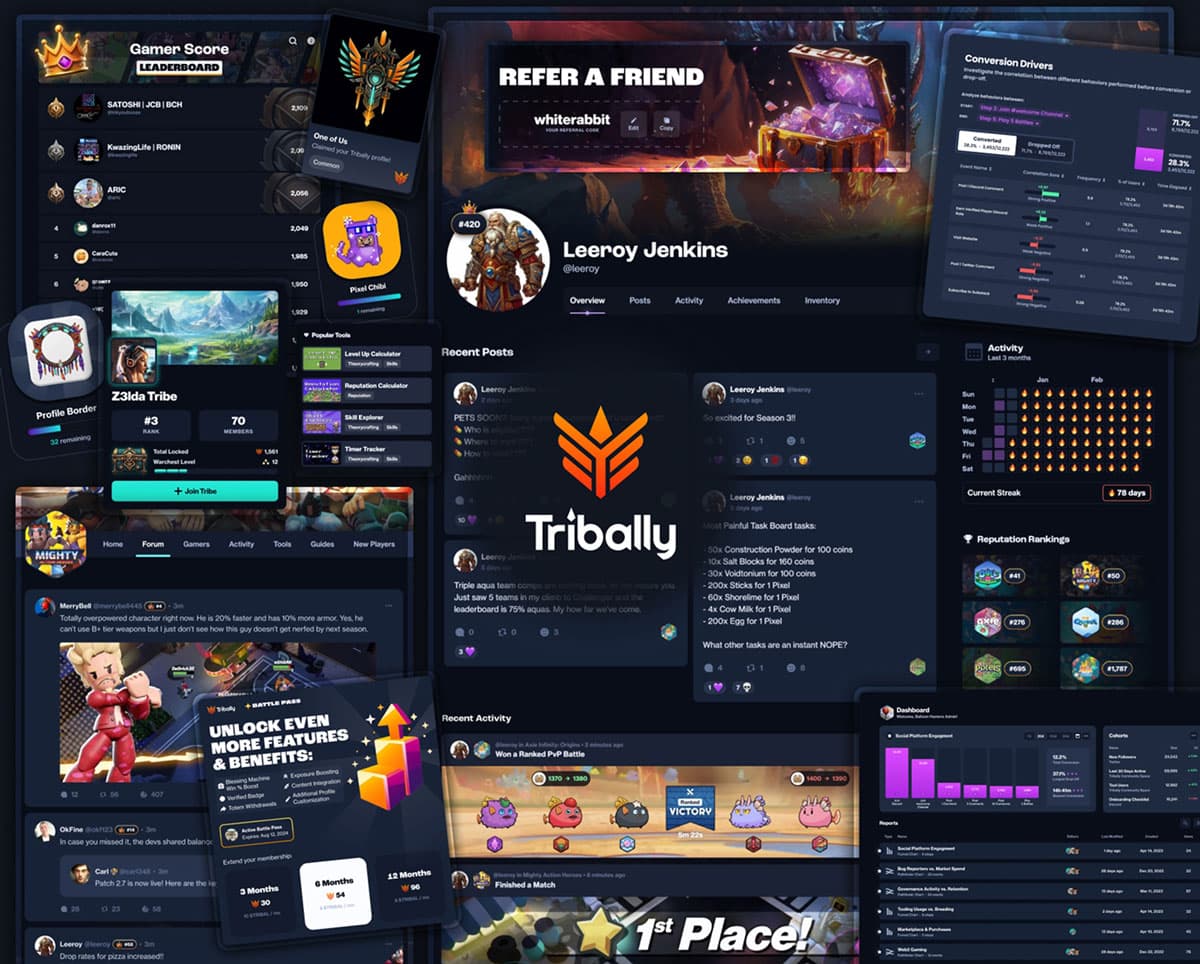
BermudaJobFinder
Bermuda's first modern job board. With dozens of new listings daily, an engaged email community, digital tools for job seekers and a growing knowledge base, it's becoming the island's definitive source for employment.
This site uses cookies to enhance your experience. By clicking "Accept", you agree to the use of cookies.
Crafter of delightful, intuitive interfaces and experiences through design and code. Building cool shit is what gets me out of bed in the morning. Check out my portfolio
I'm a designer, developer and builder based in Bermuda. I've been creating delightful digital experiences since 2012. My sweet spot is taking messy ideas from sketch to production.
Over the years, I've led product design at startups and partnered with Bermuda's biggest names in hospitality and food/beverage to transform their branding, web and UX. I've also designed for print, clothing and marketing, which helped me develop a keen eye across mediums. My written work has been featured in Fodor's Travel and The Bermudian Magazine.
When not at my desk, you'll find me filming stretching and yoga videos for my YouTube channel, helping people improve their flexibility and feel better in their bodies. Learn more about my free yoga and stretching classes.
Pssst, I'm available for freelance web and design projects.
Email me: amy@amypeniston.com
A selection of my previous work across the web, mobile and print.
For more, please check out my portfolio

A social platform for gamers to discover games, complete quests & earn rewards. Used by over 170,000 gamers.

A toolkit for game developers to leverage social & questing features in their games. Provided novel social features powered by blockchain technology.

Bermuda's premier dining guide by the Bermudian Magazine.

The official Fodor's travel guide to Bermuda.

A better way to organize & manage your social media hashtags.

A social crowdsourcing platform for salary estimation.

An extremely simple tool to replace physical underwriter stamps.

Globally Recognized Attributes (think: Gravatar for demographics)